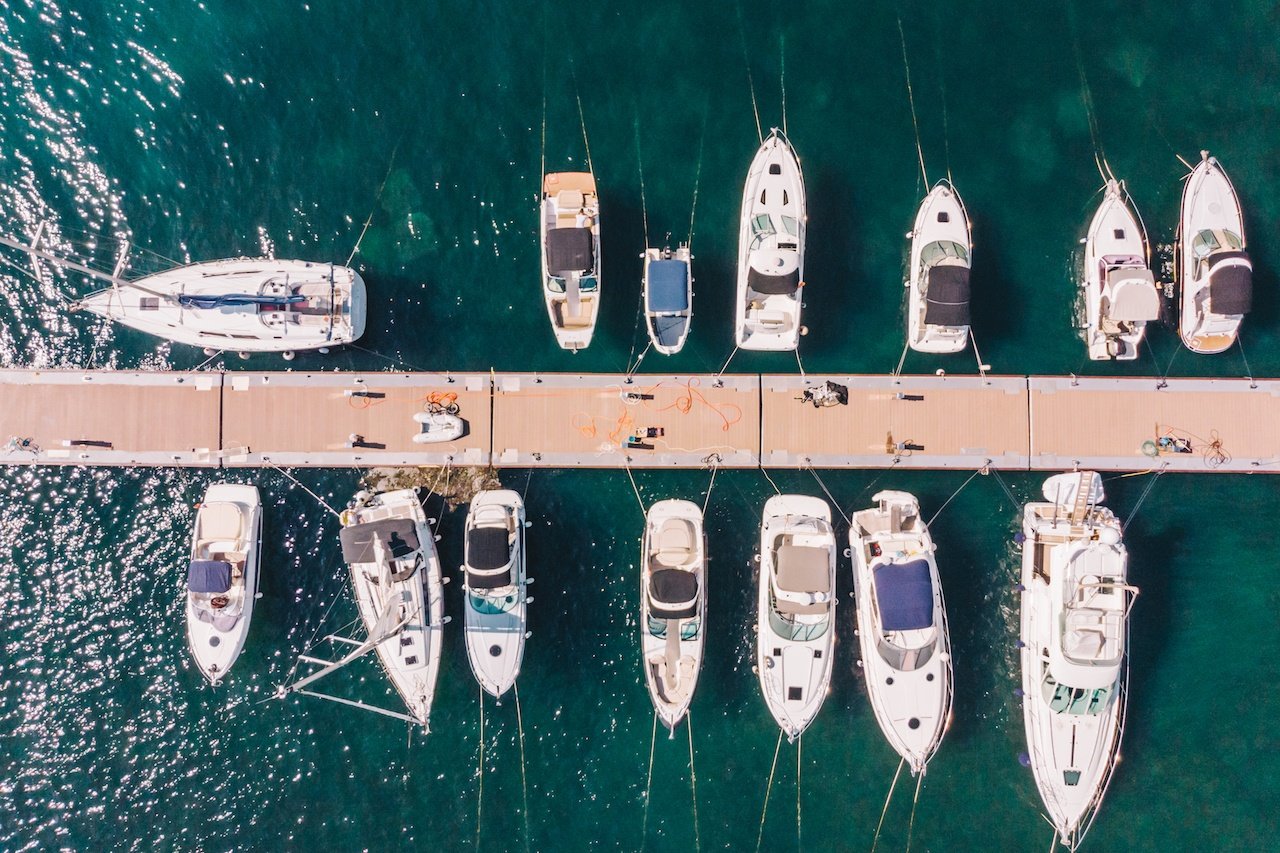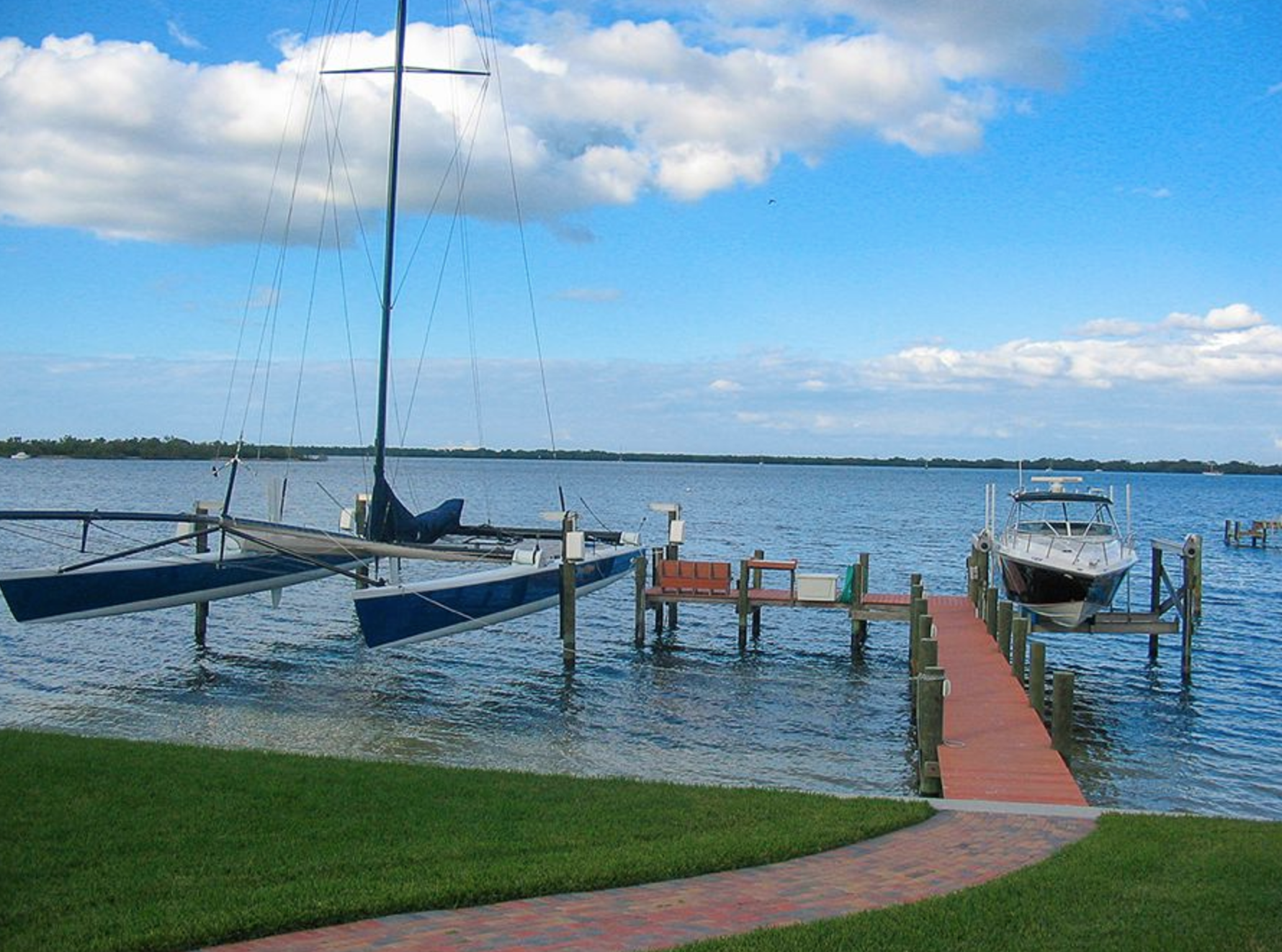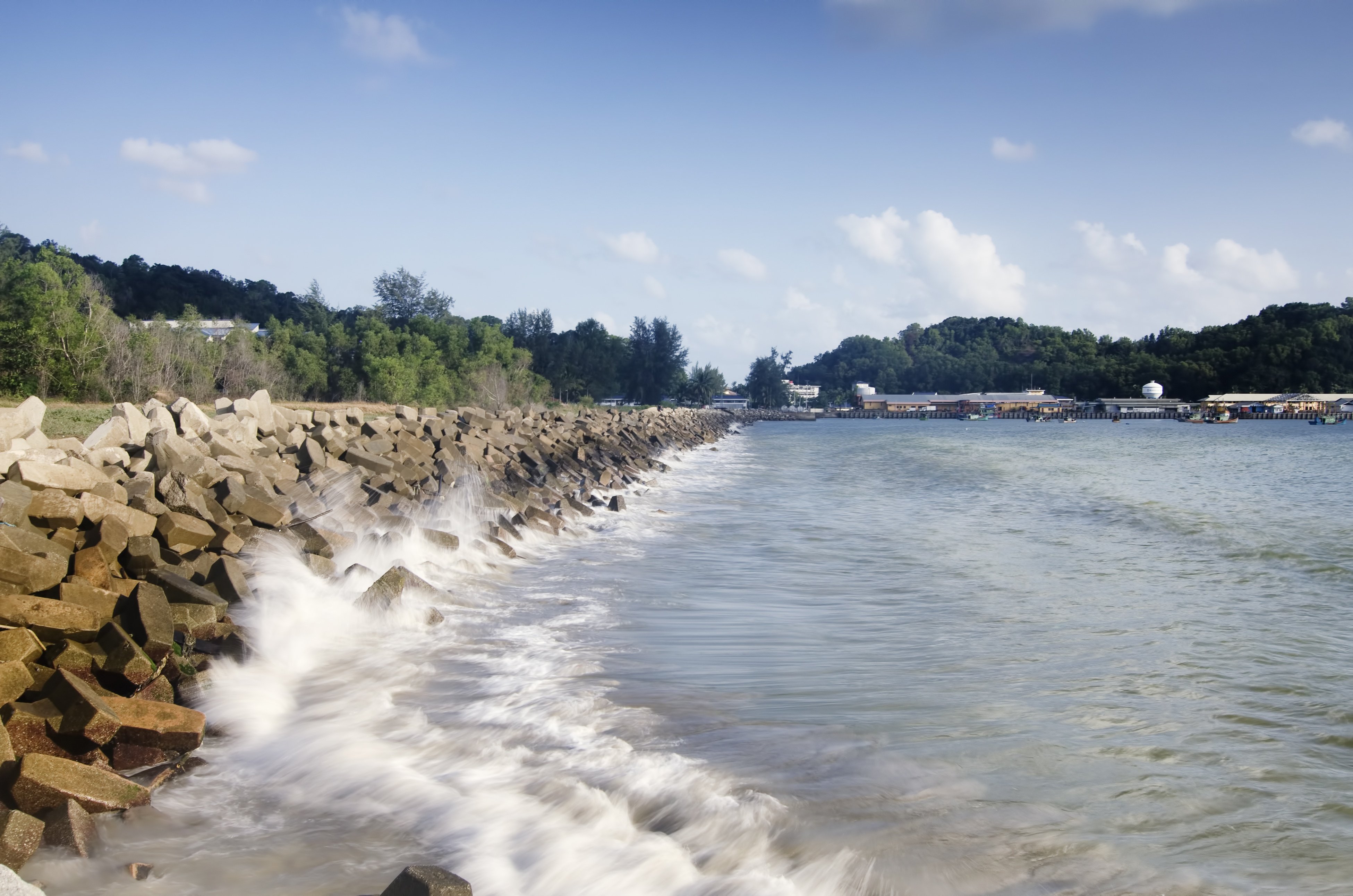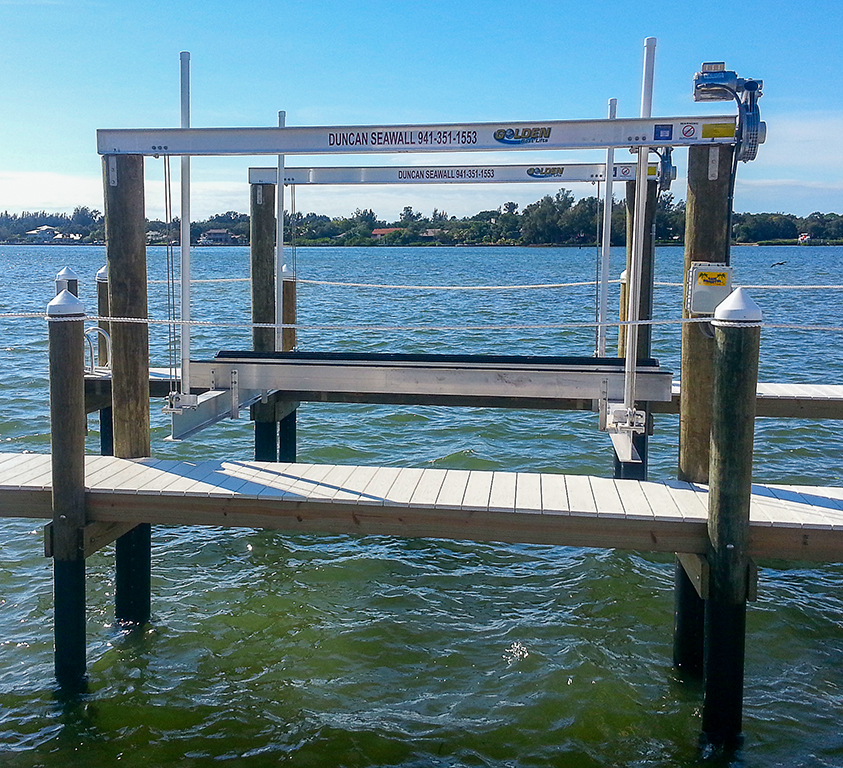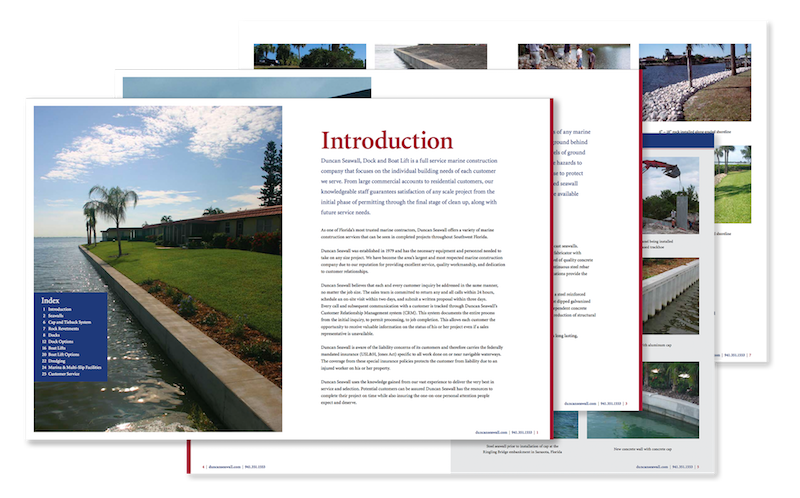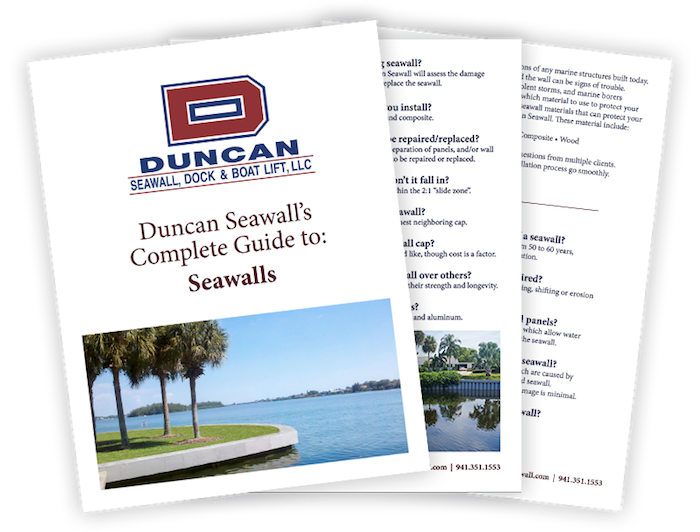A good boat dock can make boat ownership a pleasant experience. When it comes time for building or installing a boat dock, you should be aware that there are different types suited for various applications. Let's take a look at the major types of boat docks.
Related Blog: 5 Important Things to Consider When Building a Custom Boat Dock
Permanent Dock
If you want a hands-off relationship with your dock, then the permanent dock type is probably the one for you. Permanent docks are typically constructed with steel pilings that are attached to the water body floor. A steel framework makes up the top part of the dock, which is then covered in your choice of decking material.
Since they are anchored in place, permanent docks are usually very stable. You can find permanent docks in a variety of sizes and shapes. There is a good chance that you can get the size or style you need in a dock of this type. Because they are fixed in place, permanent docks work best where the water level stays relatively stable. If the water level in your location tends to vary a lot, a permanent dock may not be the best choice for your needs.
Given their fixed nature, permanent docks are susceptible to damage from frozen surfaces. In some cases the ice flow can exert a lot of force on the dock, causing damage to it and its underlying structure. Permanent docks cannot be removed in winter months, so they are not well suited to an area that sees a lot of ice conditions. Because permanent docks have a solid construction with associated anchoring, they are the most expensive dock type.

Pipe Dock
The pipe dock is designed to support itself on its own legs and can be removed in the off-season. Pipe docks are often pulled from service during the winter months to avoid damage from the ice flow. This is an advantage they have over permanent docks. Most pipe docks are built with an aluminum frame with a removable deck. Since pipe docks are designed to stand on their own supports, they work best in water depths that they can reach. They tend to work well in eight feet of water or less at the shoreline.
Pipe docks are relatively fixed in height, so they are best suited for stable water levels. This type of dock tends to be the most economical, but the bottom of the water body needs to be firm enough to support the dock legs.
This dock type can be found in varying lengths, with 12', 16', 20', and 24' being common sizes. The design can also fit varying needs including L and T-shaped designs.
Floating Dock
The floating dock is the best choice for locations where the bottom is excessively muddy, or the water levels tend to vary a lot. They can also be used in deep water locations since they require no support from the water floor. However, their use is not recommended in areas where there is excessive wave activity.
This type of dock uses plastic or steel tube floats for support. Its stability is a factor of its overall size and water activity. The larger docks tend to be more stable since they spread out water movement over its entire area. Steel float versions will exhibit higher stability since the additional weight will serve to anchor the dock in the water. Plastic float versions of the floating dock work well, but the floats should be foam filled instead of being hollow. Otherwise, a float could become damaged and fill with water, negatively impacting dock performance. The floating dock will cost more than the pipe dock but less than the permanent dock type.
Lift Up Dock
The lift up dock is designed to be raised out of the water by a winch or other device. The dock stands on its own legs, so it needs to be used in locations that are relatively shallow (15' or less) and with a solid bottom for support. In the winter, the dock is lifted out of the water to avoid ice damage. A suitable shoreline is recommended for the lift up dock, otherwise, expensive winch anchor pads must be built. The lift up dock can be configured in varying lengths and shapes.
Before you commit to a dock, spend a little time researching the correct one for your needs. Selecting the right boat dock type will assure many years of trouble-free enjoyment. And don't forget the right accessories, which can turn a good dock into a great one.
Custom-built boat dock offers more benefits to enable you to get the most out of your water access. If you want to invest in a boat dock, the professionals at Duncan Seawall are ready to help. Contact us today to schedule a consultation.



